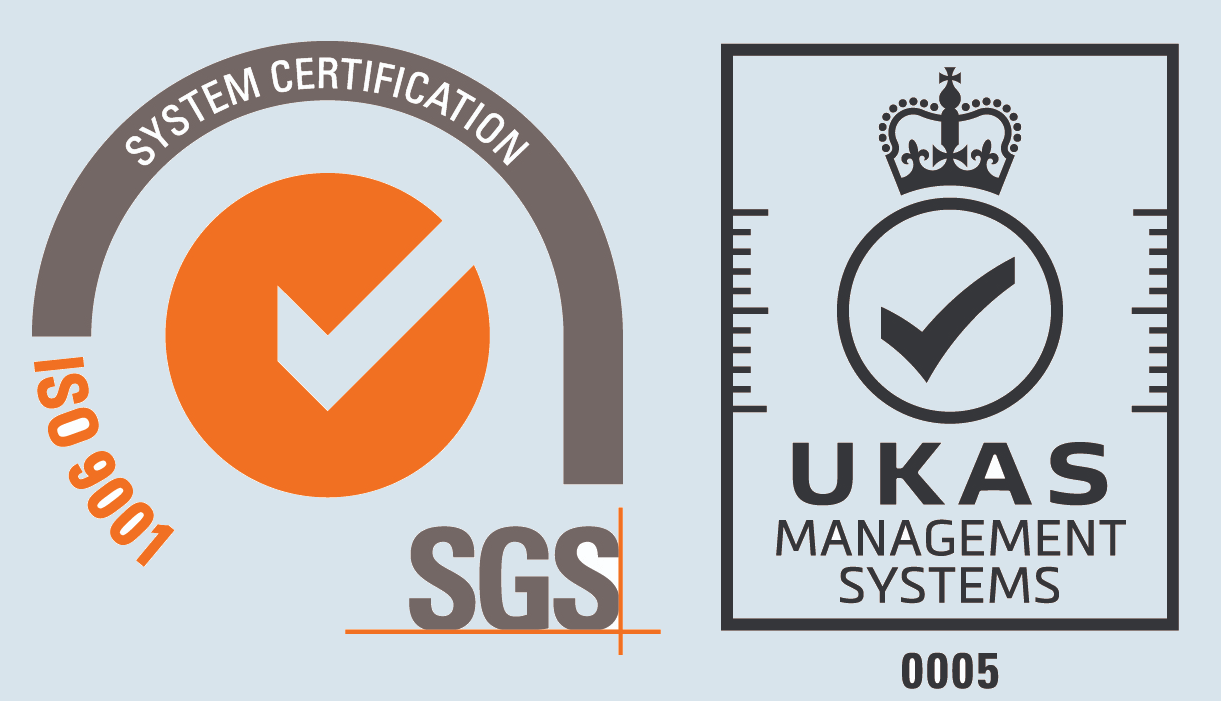
Aluminium Metal Glossary
Deep Drawing Sheet
Sheet produced with specific characteristics that permit deformation by deep drawing – such as softness, high ductility and low tensile strength.
Deep Drawing
The forming of deeply recessed parts (such as beverage cans and hollow-ware) by means of plastic deformation of the material. As deep drawing does not uniformly cold work the blank there will be variations in the hardness and annealing response around the final part.
Delayed Ageing, Delayed Age Hardening
Retarding natural ageing by holding the alloy below room temperature. If the alloy is raised to room temperature then natural ageing will proceed at the expected rate.
Related terms: Ageing, Age Hardening, Precipitation Hardening
Die Lines
Continuous longitudinal lines that are formed on extruded and drawn products by minor irregularities, or pick up, on the bearing surfaces of the die.
Die, Extrusion Die
The hardened steel aperture through which a heated extrusion billet is pushed to form an extruded profile shape. There are 3 types of die: Flat Die – For extruding solid shapes Porthole Die – For extruding hollow shapes – This leaves one or two ‘weld’ seams along the length of the extrusion so tube produced in this way is called Welded Tube. Flat Die with Mandrel – For extruding seamless hollow shapes and seamless tube
Differential Annealing
The localised heating of part of a blank so that only specific areas are annealed.
Diffusion (in clad material)
The migration of alloying elements from the core into the cladding layer during thermal treatment. This can be detrimental to the properties and behaviour of both the core and cladding.
Diffusion Staining
Patchy surface discolouration that can occur as a result of diffusion in clad material.
Direct Extrusion, Extrusion
The extrusion process in which a preheated billet is placed in the container and is pushed by the ram through the stationary die to form the extruded section.
Related terms: Container
Directional Properties
Deformation by cold working causes changes to the grain structure and, sometimes, variations in mechanical properties across and along a work-piece. Properties measured along the direction of deformation are described as longitudinal, whilst those measured at a right angle to the direction of working are called transverse.
Drawing, Cold Drawing
The pulling of a work-piece through a fixed die at room temperature. It can reduce the size, change the cross section or shape, improve surface finish, improve tolerances or work-harden the material.
Drawn Tube
A hollow product of uniform wall thickness, produced by cold drawing.
Related terms: Drawing, Cold Drawing
Drift Test, Flaring Test
A test for the weld integrity of a welded tube, usually carried out to BS1139. All batches of Scaffolding Tube undergo this test.
Related terms: Scaffolding Tube
Dye Penetrant Test
A non-destructive test for surface defects and flaws. A clean and degreased work-piece is dipped in, or otherwise coated by, a fluid containing a brightly coloured dye. This fluid is often called dye penetrant ink. After a predetermined time the ink is removed, usually by washing, and a, usually white, developer applied. The dye seeps out from any flaws and cracks, thereby making them easily visible.
How can we help?
Contact us today to see how Capalex can help
solve your challenges.
 Capital Aluminium Extrusions Limited
Capital Aluminium Extrusions LimitedCleator Moor, Cumbria,
CA25 5QB, UNITED KINGDOM.
